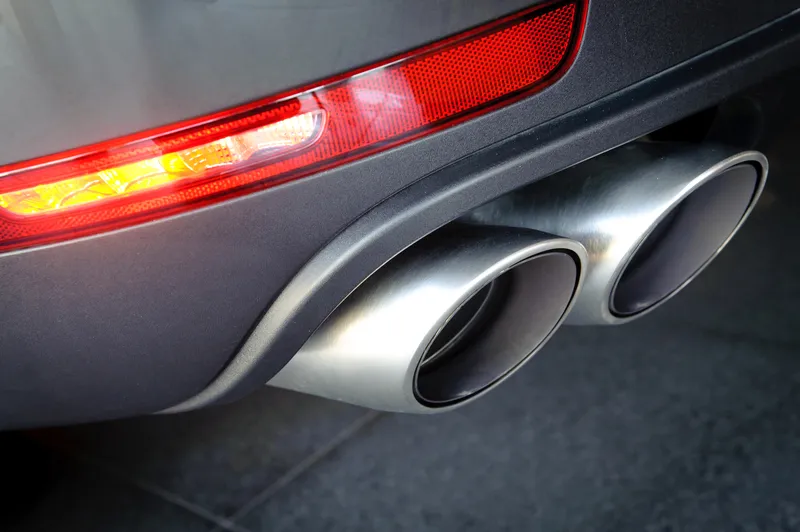
Recent polling in the UK shows that 69% of respondents support measures to tackle noisy vehicles. But it also shows awareness of noise cameras that detect excessively noisy vehicles is low.

Independent polling commissioned by ITS UK has shown most people support measures to make it easier to enforce noise limits on road vehicles. This comes alongside a new report from ITS UK that sets out key recommendations for the UK government to support the use of noise camera technology.
The findings of the independent survey of 2,050 individuals across the UK show that there is strong support for measures to make it easier to enforce against excessively noisy vehicles, with 69% in support and 16% opposing. Excessively noisy cars and motorcycles are ones that have been modified or driven in a way that creates additional noise.
The polling also shows that awareness of noise camera technology is low: two-thirds of the public (67%) have never heard of noise cameras. Meanwhile, 17% have heard of them but don't know any details. Ten per cent of respondents said they know at least a bit about noise cameras. Among those with access to a vehicle, awareness remains low at 28%.
According to the poll results, when noise cameras were explained to the respondents, support for their further roll-out is high, with 62% in support and 20% opposing it.
Half of respondents think public awareness of laws around excessively noisy vehicles and their enforcement is too low (50%) with only a fifth thinking it’s “about right” (20%).
Alongside the findings, ITS UK has published a new report urging the UK government to take further action to support noise camera technology.
What are ITS UK's three recommendations on noise cameras?
- It wants the establishment of a government-led noise group comprised of key industry stakeholders
- There should also be publication of overdue guidance for local authorities
- The government should support a public awareness campaign that promotes the positive role noise cameras can play in reducing noise pollution
“Noise cameras allow local authorities or the police to pinpoint and thereby enforce against, excessively noisy vehicles,” said Max Sugarman, chief executive of ITS UK. “Today’s polling shows that the public want to see action against noisy vehicles and that when explained, noise cameras have a high level of support amongst the public. The public polling also shows a clear desire for greater information and understanding about what noise cameras can do.
“However, since trials concluded last year, there has been little support from government for the roll-out of this technology, with guidance for local authorities now overdue. The UK has great expertise in noise camera technology, and so support for this growing sector will not only mean quieter streets for communities around the UK, it will also mean backing a key market that has the potential to be exported around the world.”
“Most people aren't aware of noise camera technology but many are affected by excessively noisy vehicles particularly in big cities like London,” said Adam Drummond, head of political and social research at Opinium Research, which carried out the poll.









